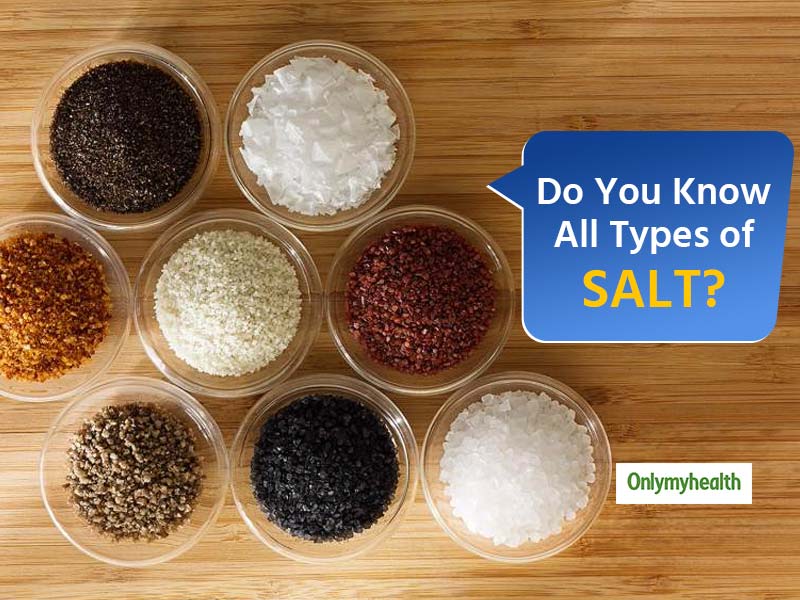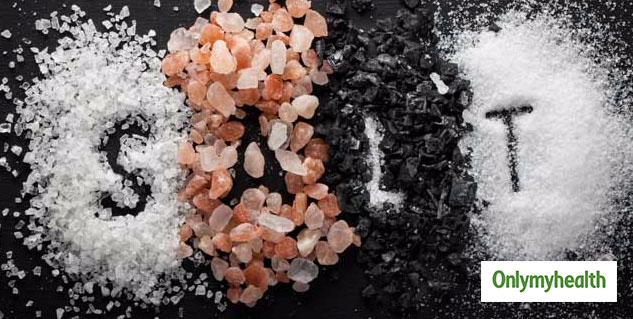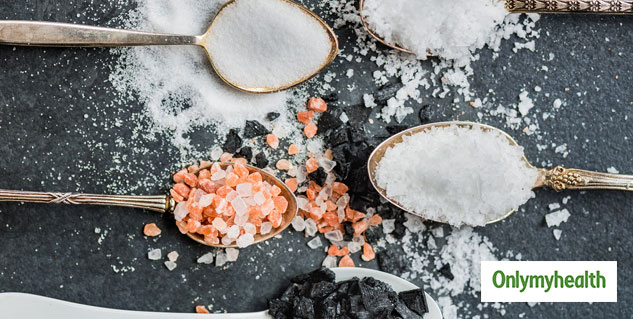
In the pursuit of a healthier lifestyle, paying attention to the types of salts you consume is crucial. While table salt is a staple in most households, there are several nutritious alternatives that not only enhance the taste of your food but also offer various health benefits.
Table of Content:-
Types of Nutritious Salts
1. Sea Salt
Derived from evaporated seawater, sea salt contains essential minerals like magnesium, calcium, and potassium. These minerals contribute to better hydration, muscle function, and overall electrolyte balance.
2. Himalayan Pink Salt
Mined from ancient sea beds in the Himalayan mountains, this salt variety boasts a pink hue due to its rich iron content. Himalayan salt is lauded for its trace minerals, including zinc and selenium, which support immune function and promote a healthy metabolism.

3. Celtic Salt
Harvested from the coastal regions of France, Celtic salt is naturally grey and moist, indicating its high mineral content. It contains minerals such as magnesium, potassium, and calcium, making it an excellent choice for those looking to supplement their diet with essential nutrients.
Also Read: Researchers Find High-Sugar Diets and Obesity Linked to Neurodegenerative Disorders
4. Black Salt (Kala Namak)
Originating from volcanic regions in South Asia, black salt has a distinct sulphurous aroma and taste. It is rich in minerals and has been used in traditional medicine for centuries to aid digestion and alleviate various stomach issues.

5. Red Alaea Salt
Hailing from Hawaii, red alaea salt gets its vibrant colour from iron oxide-rich volcanic clay. This salt is prized for its detoxifying properties and is often used in culinary dishes and spa treatments.
When incorporating these nutritious salts into your diet, remember that moderation is key. While they offer additional minerals, excessive salt intake can still contribute to health issues such as high blood pressure. Always consult with a healthcare professional or nutritionist to determine the right balance for your individual needs.
Also watch this video
How we keep this article up to date:
We work with experts and keep a close eye on the latest in health and wellness. Whenever there is a new research or helpful information, we update our articles with accurate and useful advice.
Current Version